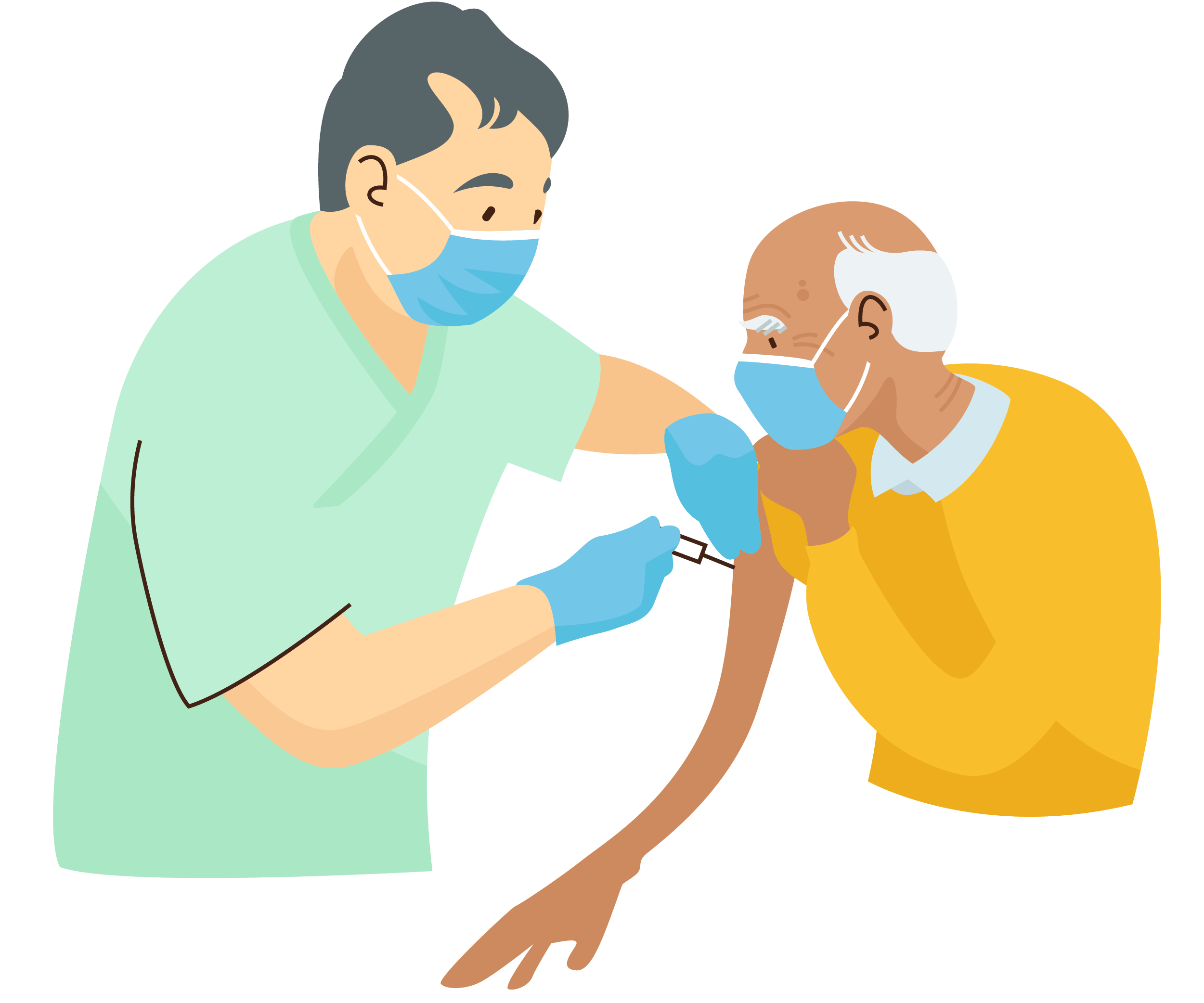 Don’t assume comparisons are not needed.
Don’t assume comparisons are not needed.
Unless doing something for our health (a health action) is compared with doing something else, it is not possible to know what would happen without the health action.
Explanation
Without a comparison, it is difficult to say that a health action is the reason something happened. If people get better or worse after doing something, you are comparing how they were after the health action to how they were before it. The problem with such “before and after” comparisons is that you don’t know what would have happened without the health action.
Whenever terms like “faster” or “better” are used to describe a health action, think “compared to what?” Sometimes, people argue that it is impossible to do a fair comparison of complicated health actions. However, comparisons of most health actions can be done, and reliable claims about the effects of such health actions depend on the results of comparing them with alternatives. How trustworthy those comparisons are depends on how fair they are. Fair comparisons of health actions are designed to minimise the risk of being misled by systematic errors (biases) or the play of chance.
Example
A television commentator in the U.S. reported that between late-December of 2020 and April 2021, about 30 people a day died after receiving the Covid vaccine in the United States. He went on to suggest that the vaccine was killing people. The problem is there was no comparison in the TV commentator’s comments. In fact, most of those people would have died whether or not they got the vaccine.
The year before, in 2019, an average of about 7,800 people died every day in the U.S. Most of those people probably drank some water before dying. Without a comparison, it is wrong to suggest that 7,800 people died every day because of drinking water. The same reasoning applies to the TV commentator’s claim about the Covid vaccine. Without a fair comparison, we cannot know if people died because of the vaccine or because of something else.

Remember: Always consider whether claims about the effects of health actions are based on comparisons, and whether those comparisons are fair. Claims that are not based on fair comparisons are not reliable.
Primary school
- Lesson 5. Comparisons of treatments. In: The Health Choices Book: Learning to think carefully about treatments. A health science book for primary school children.
- Animation: Comparisons of treatments
Secondary school
- Lesson 4. Reliable claims. In: Be smart about your health: Think critically, make smart choices.
